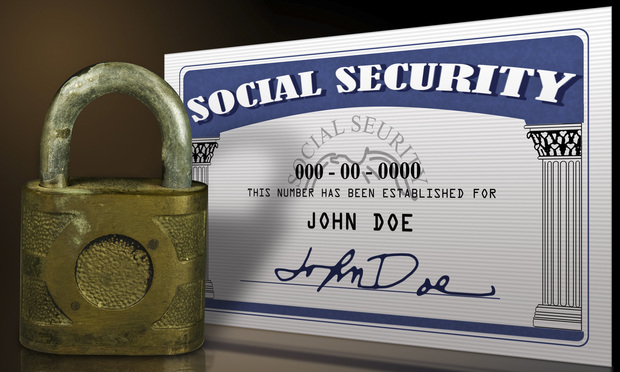In the first six months of 2014, at least 96 significant data breaches were reported, compromising more than 2.2 million records, according to the Privacy Rights Clearinghouse. Of these breaches, at least 46 involved records that may have contained Social Security Numbers (SSNs). What the affected businesses may not know is that their mere collection of SSNs may have put them in violation of state laws, in addition to the liability they may now face for having failed to protect the SSN information.
Despite their limited original purpose, SSNs have become de facto national identifiers, frequently used as an authenticator in both the public and private sectors. In fact, no other form of personal identification plays a more significant role in linking together records that contain an individual’s sensitive and confidential information. Ironically, the widespread use of SSNs as both an identifier and an authenticator is precisely what makes collecting and using the numbers so risky.
This content has been archived. It is available through our partners, LexisNexis® and Bloomberg Law.
To view this content, please continue to their sites.
Not a Lexis Subscriber?
Subscribe Now
Not a Bloomberg Law Subscriber?
Subscribe Now
LexisNexis® and Bloomberg Law are third party online distributors of the broad collection of current and archived versions of ALM's legal news publications. LexisNexis® and Bloomberg Law customers are able to access and use ALM's content, including content from the National Law Journal, The American Lawyer, Legaltech News, The New York Law Journal, and Corporate Counsel, as well as other sources of legal information.
For questions call 1-877-256-2472 or contact us at [email protected]






